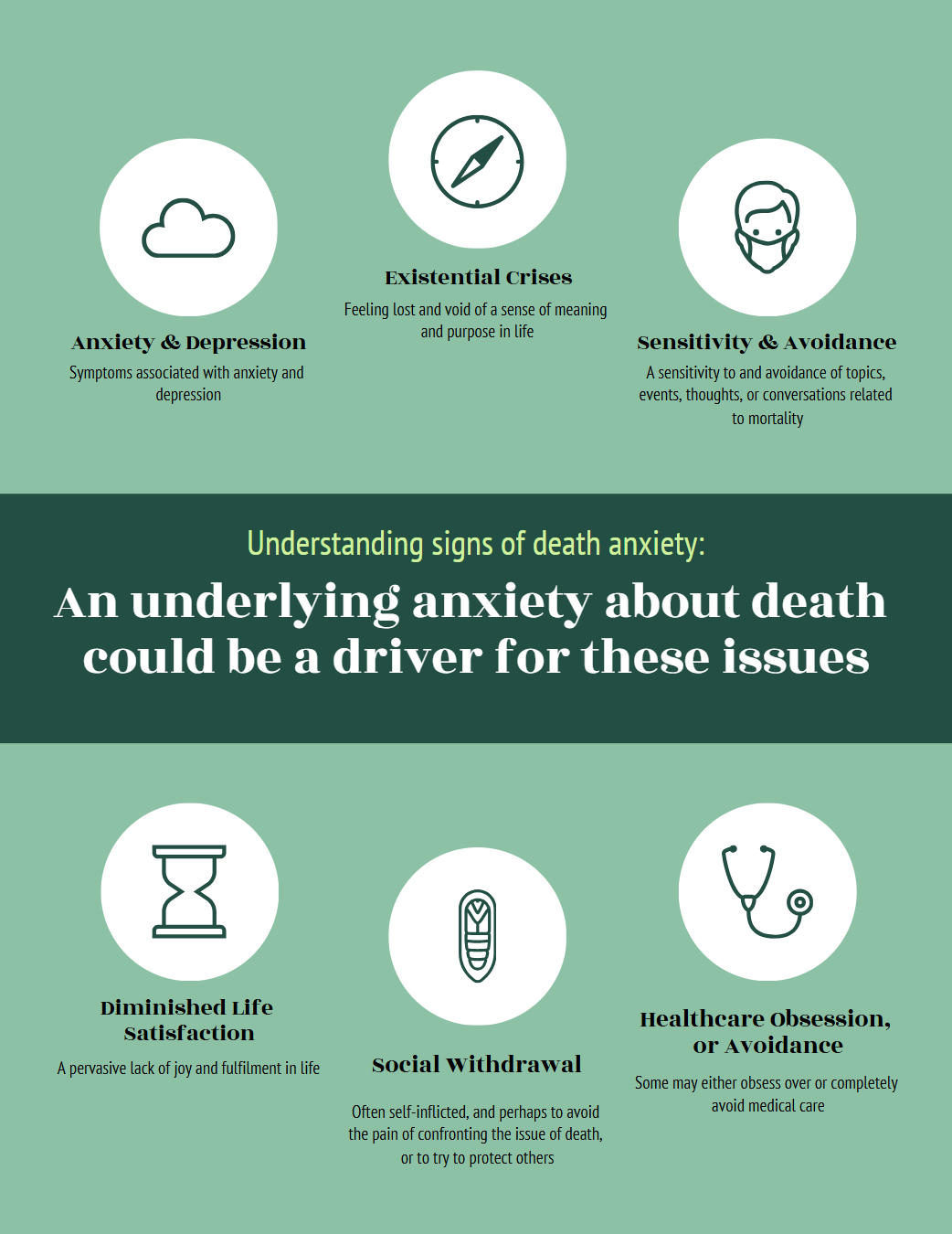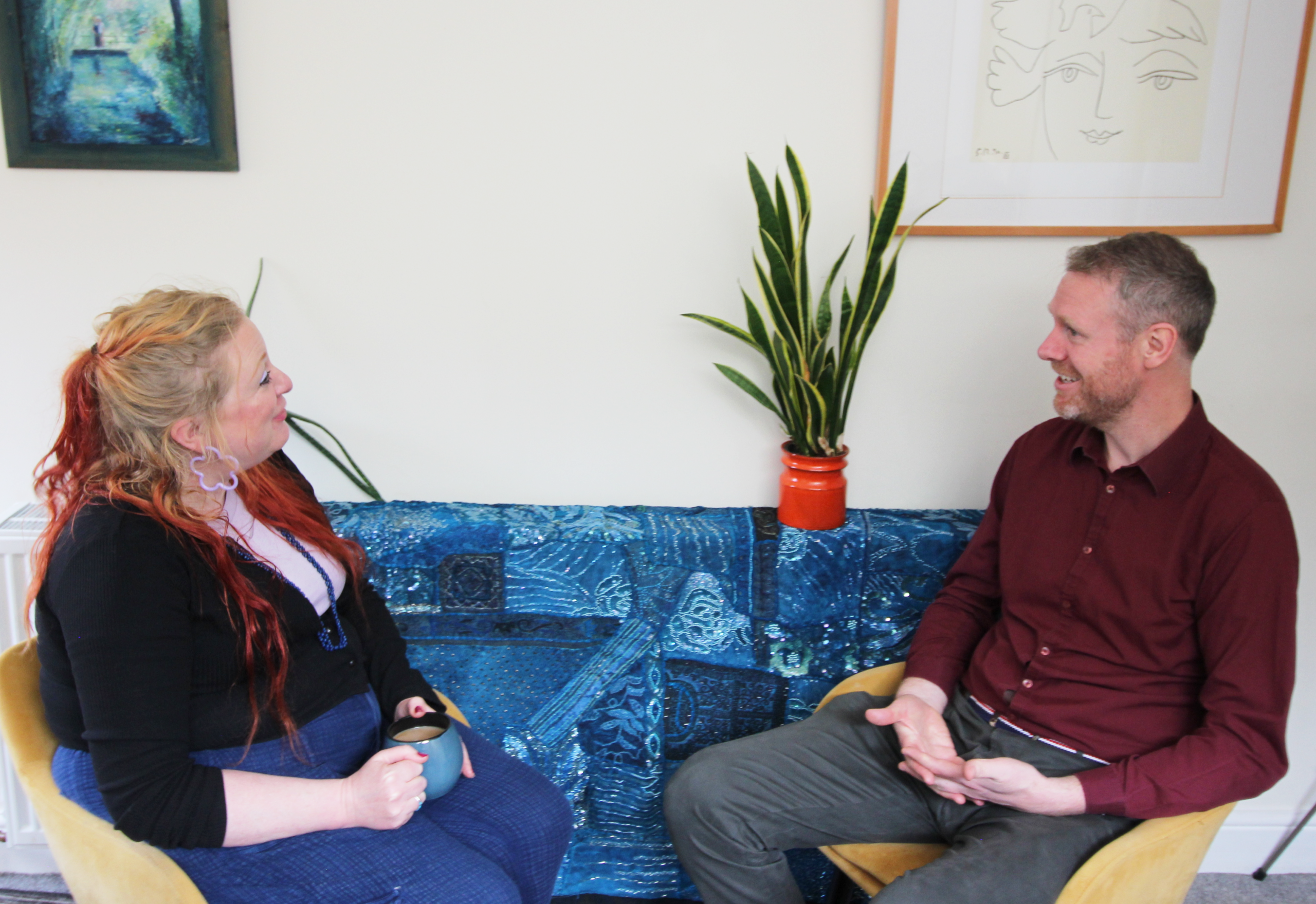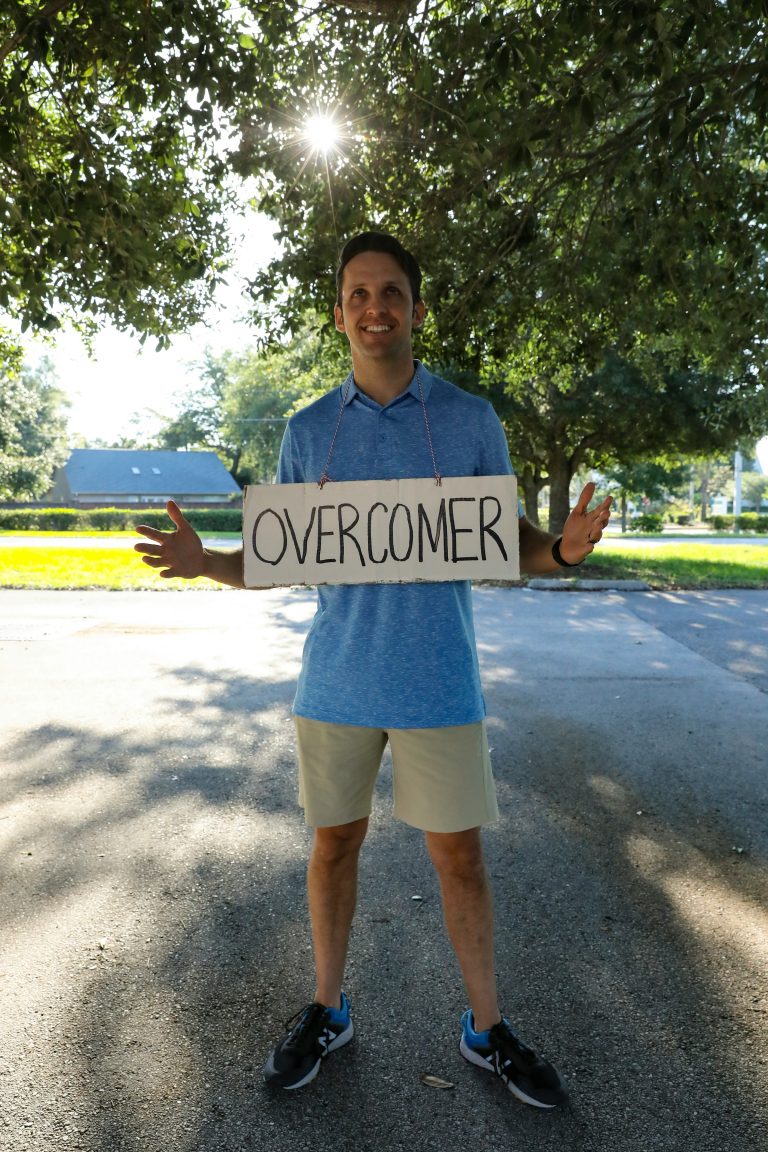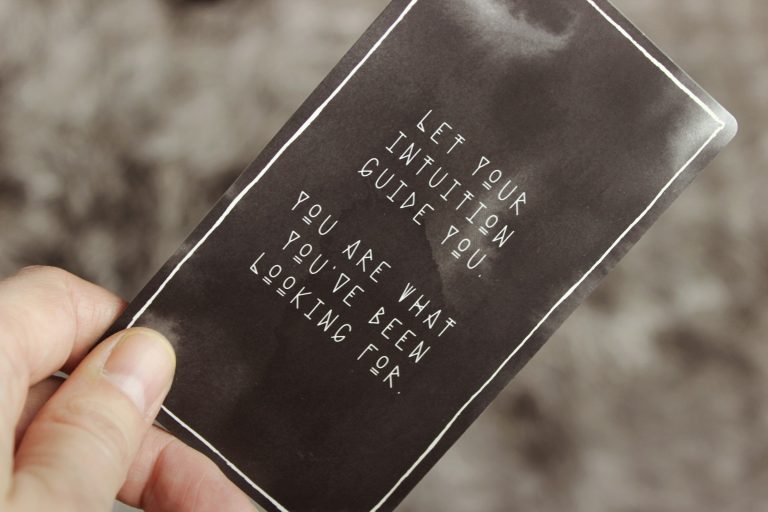Is “death” an end, a transition, or does it simply not exist? If it is a transition, do we remember anything of our previous life? What must it be like to consider that you might, one day, have no memory of the people you love? These big questions can be mind-bending and overwhelming to process.
Introduction

The fear of death is, perhaps, the mother of all fears. To be anxious about death is to anticipate that you, or someone you care about, will cease to exist and that there is a high degree of uncertainty as to what happens next, if anything. Where do you go for help?
It may, or may not be immediately obvious to you that the anxiety you experience is related to death. Perhaps instead that you are anxious and cannot put your finger on why.
Integrating hypnotherapy with other approaches allows me to mould the therapeutic relationship and interventions to your needs, helping you to reach your outcomes for therapy and beyond
How to Identify Death Anxiety?

Death anxiety can include significant emotional fear, thoughts or worries about death and actions intended to manage, minimise, or avoid confrontation with the concept of death.
There may be a historical basis for your death anxiety. You may have lost someone close to you, or you may have come close to, or interacted with death yourself.
The conscious experience of death appears to be unshareable and isolated, occurring within the individual. It’s easy to see how the prospect of this isolation of experience can itself bring about an uneasy sense of eternal loneliness. If this fear of death feels like too much to cope with, anxiety ensues.
There may be a historical basis for your death anxiety. You may have lost someone close to you, or you may have come close to, or interacted with death yourself.
The conscious experience of death appears to be unshareable and isolated, occurring within the individual. It’s easy to see how the prospect of this isolation of experience can itself bring about an uneasy sense of eternal loneliness. If this fear of death feels like too much to cope with, anxiety ensues.
How Fear of Death Can, Alternatively, Become a Source For Deep Value
If, however, the rawness of this fear is wilfully and courageously engaged with, it can initiate a deep value for life, motivating us to live purposefully and authentically in the service of others.
This is where it helps to draw upon professional guidance, from a therapist, for example. A therapist can help you engage safely and effectively with this rawness and follow your arc of personal growth through.
This is where it helps to draw upon professional guidance, from a therapist, for example. A therapist can help you engage safely and effectively with this rawness and follow your arc of personal growth through.
Death Anxiety Symptoms

Anxiety about death could manifest through a number of symptoms, including:
- An increase in anxiety and depression symptoms
- Existential crises, feeling lost and void of a sense of meaning and purpose in life
- A sensitivity to and avoidance of topics, events, thoughts, or conversations related to mortality
- A lack of satisfaction, joy and meaning in your life
- Social isolation, often self-inflicted, and perhaps to avoid the pain of confronting the issue of death, or to try to protect others
- A hyper focus on, or an avoidance of healthcare monitoring and treatment
Mental Health Issues Affected by Death Anxiety
Death anxiety may be underlying a number of mental health issues, such as:
- Health anxiety, where the sufferer is paranoid that they have, or could contract a serious illness, often indicated by benign physiological phenomena, such as elevated heart rate, breathing rate, or sweating during exercise
- Existential anxiety, characterised by a feeling of dread, due to a realisation of responsibility, or freedom, the inability to grasp a reassuring sense of meaning in life, and indeed, the uneasy recognition that we are going to die
- Chronic panic events, such as panic attacks, often involve overwhelming thoughts and feelings during an episode. They can happen for no apparent reason, or in fear of having another panic attack in the future
- Phobias, involving a fear of certain situations, or things where there is no real danger
- Obsessive-compulsive disorder, characterised by persistent and unwelcome thoughts and fears. Sufferers use repetitive, or compulsive behaviours to try to cope with their thoughts and fears
- Post traumatic stress disorder, which involves having gone through, or witnessed events that were traumatic in nature
Integrative Hypnotherapy: A Holistic Solution

Through integrative hypnotherapy I can access and combine the best of multiple diverse approaches to therapy, tailoring them to your needs and goals.
A person-centred approach addresses the fundamental foundation of therapy – a therapeutic relationship that is safe, genuine, empathic, unconditionally positive and client-led. It cannot be underestimated how important this is to the success of all other approaches and interventions, including rapport-building in Hypnotherapy.
Hypnosis is a therapeutic tool that can be applied to diverse clinical profiles of clients in helping them overcome obsessive fears of death. Hypnotherapy grants clients access to deeply underlying subconscious fears that may otherwise remain hidden.
A person-centred approach addresses the fundamental foundation of therapy – a therapeutic relationship that is safe, genuine, empathic, unconditionally positive and client-led. It cannot be underestimated how important this is to the success of all other approaches and interventions, including rapport-building in Hypnotherapy.
Hypnosis is a therapeutic tool that can be applied to diverse clinical profiles of clients in helping them overcome obsessive fears of death. Hypnotherapy grants clients access to deeply underlying subconscious fears that may otherwise remain hidden.
Integrated Approaches
Within hypnosis, or outside of hypnosis:
- Exposure therapy and cognitive restructuring can be applied, which are subsets of Cognitive Behavioural Therapy (CBT). Safe and managed exposure to troubling emotions restructures the way clients’ relate to and what they believe about death. This can bring about a state of long-awaited equilibrium and reduce avoidance between clients and their concept of death
- Similarly, mindfulness can promote a simple awareness of and presence with an emotional experience, without judgement, or previous meaning-making. This helps to bring about relief from death anxiety through acceptance, making space for emotions to regulate themselves
- Existential therapy places death at the centre of life. It still involves confrontation of the fear, like mindfulness and exposure therapy. However, we do this through curiosity rather than desperation. When confronting the fear of death, death is not so much something for you to overcome, but for you to value. Death is responded to as a motivation for living purposefully and significantly. This alters the meaning of death and consequently, life, in a way that is very personal to you
- Transpersonal therapy focuses on the importance of transcending the self. From this vantage point personal and spiritual meaning is explored in order to change your relationship with death and anxiety. In terms of meaningfulness, transpersonal therapy overlaps with existential therapy. In terms of self-transcendence it overlaps with mindfulness. In addition to transforming your perception of death, transpersonal therapy can integrate a, self-conceived, spiritual dimension. This serves to further enrich the meaning in your experiences
These approaches are underpinned by terror management theory, meaning-centered theory and posttraumatic growth theory, among others.
Benefits of Addressing Death Anxiety

With an integrated approach such as this, that operates in personal, interpersonal, transpersonal, inter-conscious, cognitive, behavioural and meaningful dimensions, your growth can be transformative (1, 2). Life can become more infused with meaning, authenticity, forgiveness, resilience, general wellbeing, satisfaction and fulfilment (1, 2, 3, 4).
To learn more about how we might work together to meet your needs and reach goals for therapy, contact me to arrange a free inquiry.
To learn more about how we might work together to meet your needs and reach goals for therapy, contact me to arrange a free inquiry.



